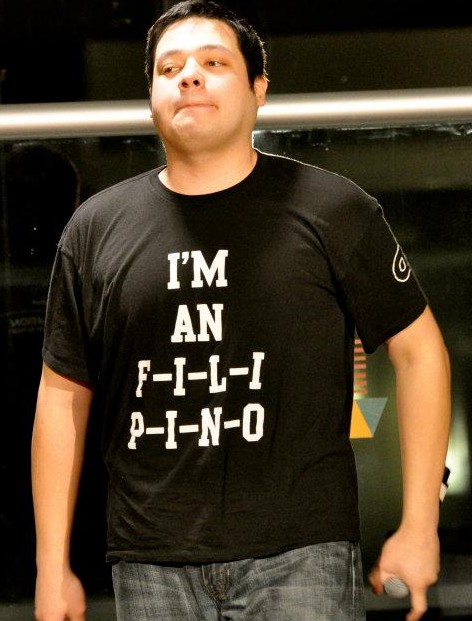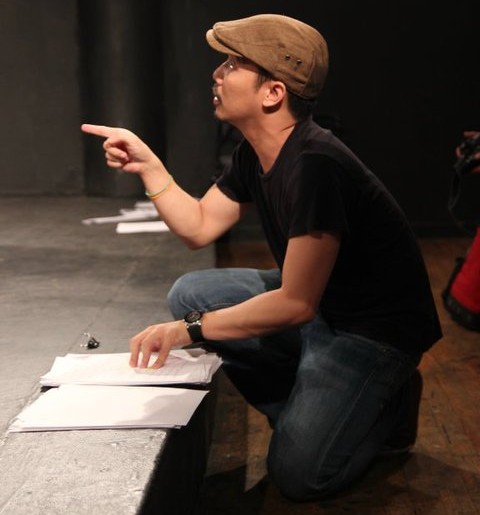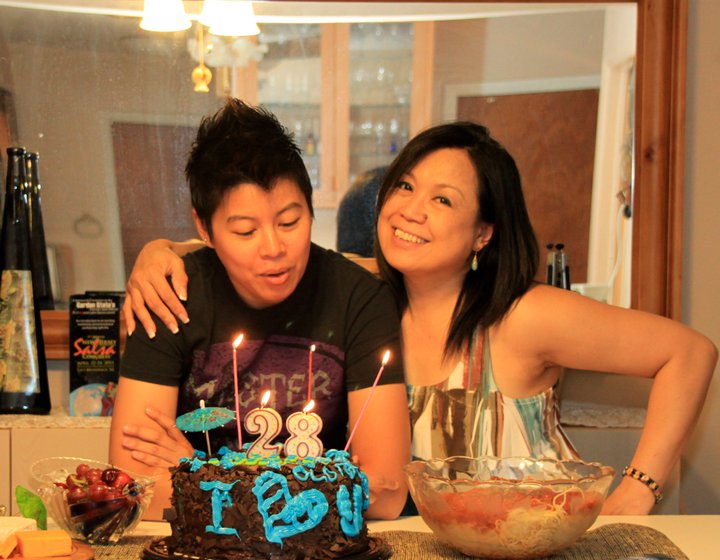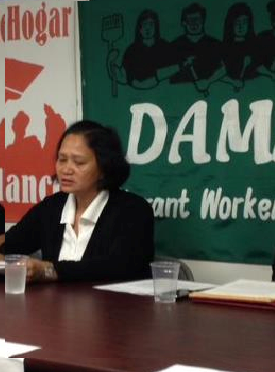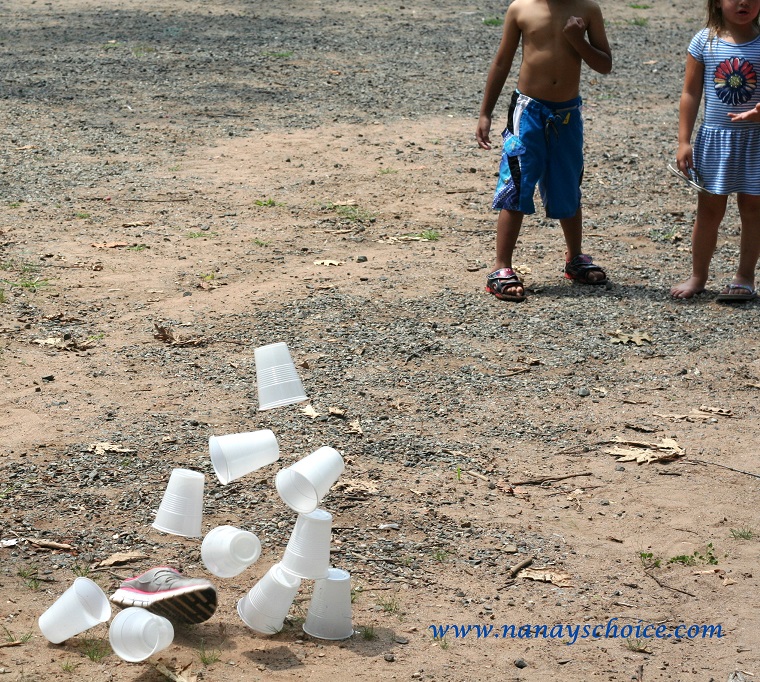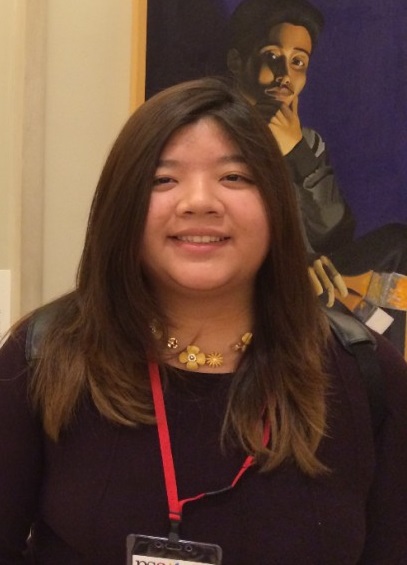‘We were on the same side of the barricade. We will always remain close’ (Part 2)
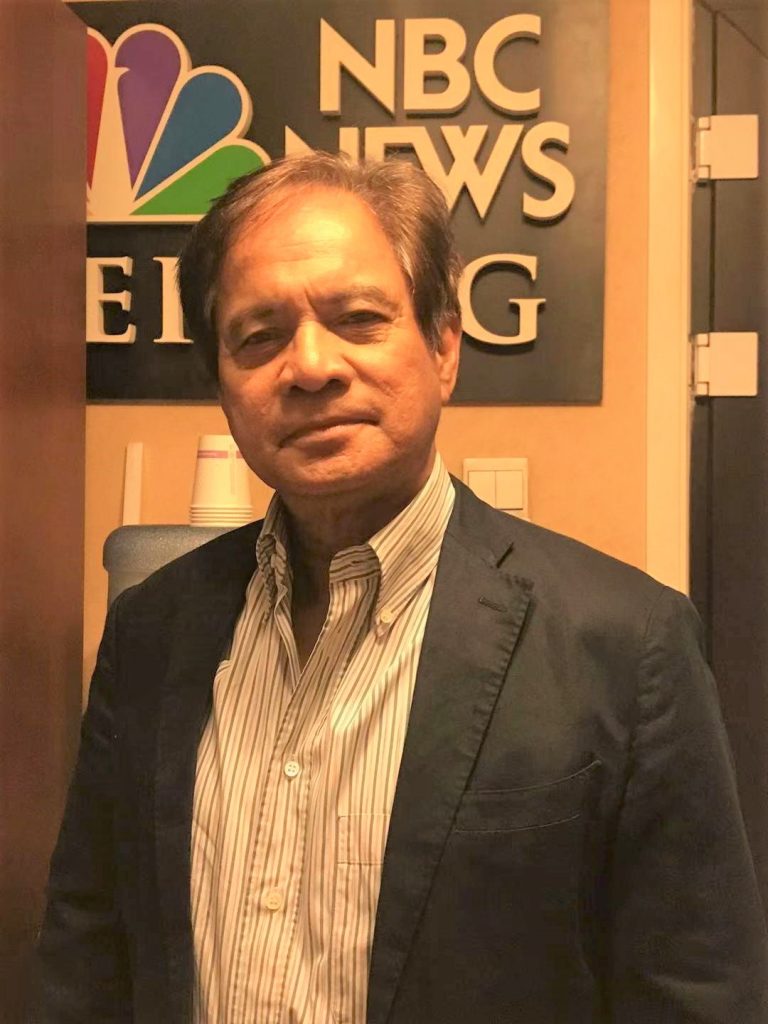
By Cristina DC Pastor
The FilAm: When you see the situation in Hong Kong, what goes through your mind?
Eric Baculinao: All youth movements in history have always been driven by a strong sense of idealism. That’s true for the Hong Kong protest movement or even other earlier movements in Chinese history. It’s true for our First Quarter Storm. The difference is in historical circumstances. We can see that the Hong Kong pro-democracy protestors would sometimes carry U.S. flags or old Hong Kong flags during the British colonial rule, but in the case of the First Quarter Storm, the struggle was more for independence and freedom from Western colonial mentality. So in a sense the geopolitical contexts are different.
As for the contemporary youth movements in the Philippines, the idealism, the love of country and the caring for the people will always be there but each generation will have to make its own history based on changing circumstances.
TF: Any regrets you didn’t become a lawyer?
EB: Not really. I could have been and maybe could not go on. It is interesting following history (as a journalist).
TF: What do you think of Duterte?
EB: Objectively?
TF: Objectively.
EB: I would credit him for going against the tide, the tide was basically to confront China over the South China Sea. He chose another way.
When we came here in 1971, there’s this headline by Xinhua News Agency: ‘The Philippines discovers a Chinese territory.’ There was this Filipino who said he discovered the Pag-asa Islands and offered to give them to the Philippines. (laughs) The headline was a contradiction in terms. Sarcastic. (The Filipino was Thomas Cloma. – Ed.)
Duterte is a pragmatic man. Street smart. Mayor eh. He knows what works and what will not work. He saw that Philippine interest will be better served by dealing with China.
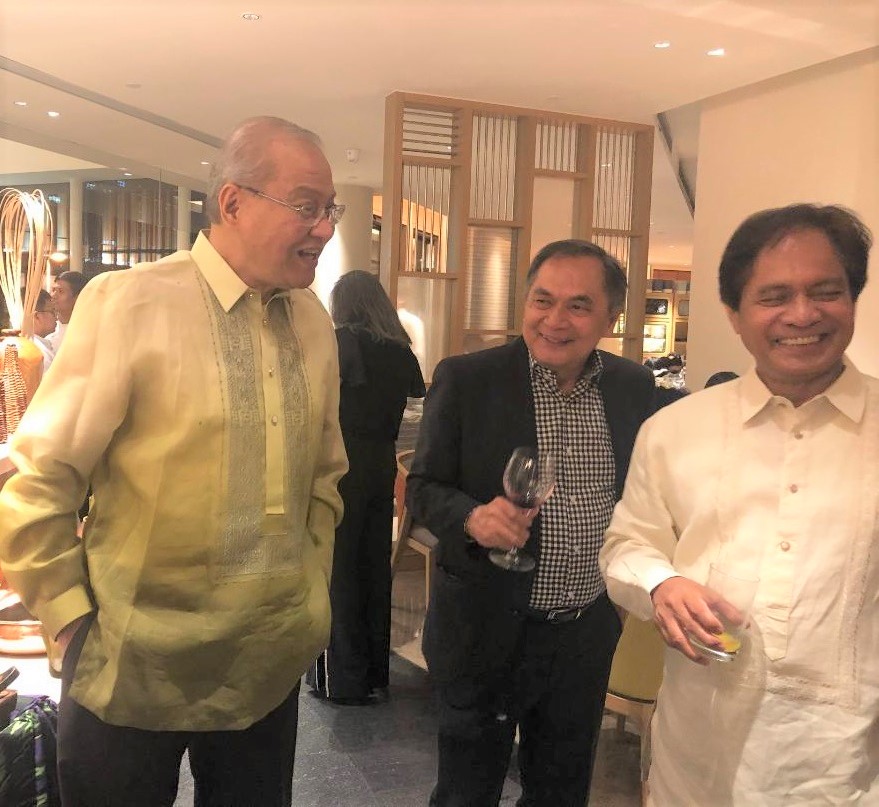
TF: Are there things the Philippines can learn from China?
EB: We can learn from any country. China is a neighbor. Look at what it has to done with poverty alleviation. China was a poor country when we came here. We had ration cards. Food was being rationed. We couldn’t eat as much meat as we wanted. Look at the long-term economic planning, the strong government, infrastructure, so many things. Neighbors can have disputes. But it is a test of your maturity if you look at the national interest more than ideological differences.
TF: Are you still an idealist?
EB: Those things don’t go away.
TF: Tell me about your enduring friendship with Jimi and Chito.
EB: We were friends since our student days so we are comfortable being together. We were on the same side of the barricade. We will always remain close. China made us physically close. When the kids were small we would get together for Sunday brunch. Now the kids are all gone. We still gather together from time to time even if we’re not complete.
TF: Tell me about your family.
EB: I have two children with my wife Barbara. Nina and Enrico. I was previously married to Pat Dimagiba of Makibaka. We have a daughter, Kermin. Pat married someone else. Under Philippine law, there is presumption of death if the spouse is absent for five years. (Seven years, according to Article 390 of the Family Code. – Ed.) I love all my children.


Part 1: Eric Baculinao: First Quarter Storm memories and 48 years in China

